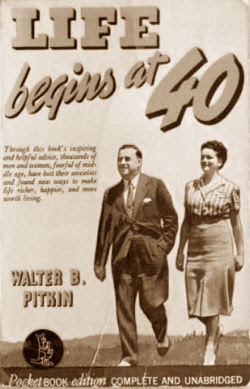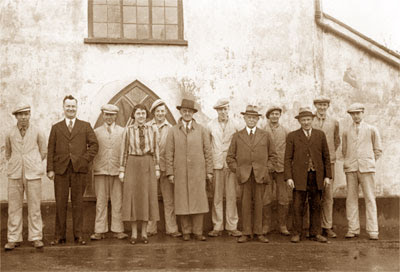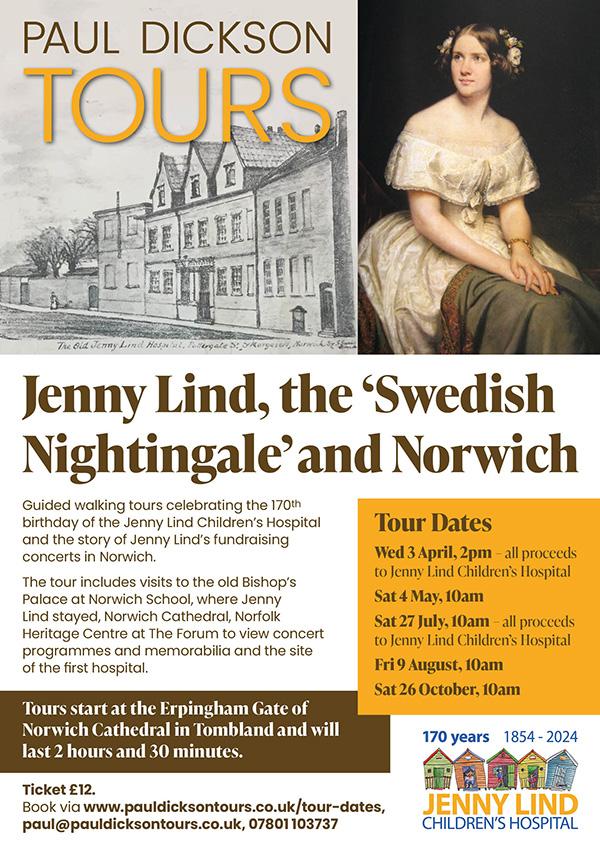Life begins at 40?
It has always been said that life begins at 40. However, according to a recent poll, happy days begin at 55. 53% of the people surveyed said they felt good after a decade of worry over money matters and their retirement prospects. They say they are happy and no longer stressed or self-conscious.
That percentage increases for the over 65’s to 71%.
Those carrying out the survey concluded that older people gained their satisfaction from much more than just money but omitted to say what it was.
Did You Know?
There seems to be a very strong belief nowadays that it is not possible to be happy without complete freedom from any money worries. If that is true, why is it always emphasised how much more content people were in the 1920’s and 1930’s when many of the working classes had barely enough coming in to feed their families?

The women had a particularly hard time and yet they always declared that ‘life begins at forty’. They married quite young in those days, usually soon after they were twenty. The man they were marrying had to be sure he was earning enough to support a wife for as soon as a girl was wed it was usual for her to leave her employment and give all her attention to building and running the home. Everything had to be carefully planned. Most important, they had to have somewhere to live.
Many young men depended on their employer to solve that problem. In both rural and urban areas accommodation often went with the job after a man was married. The drawback being that if you were sacked or wanted to change your employer you first of all had to find somewhere else to live. For manual workers on such low wages this was a real problem and one to be avoided at all costs. Especially during a recession when there was such a severe shortage of work available everywhere.

Even before they started courting young girls began putting things together ready for when the big day came. Birthdays and Christmas was the time when, instead of the usual present, they could ask friends and relations to buy household goods for their ‘Bottom Drawer’. Most of them were quite happy to accept ‘hand me downs’ in the form of towels, bed linen, cutlery and crockery etc.
Even among the poorest classes weddings were important events and with friends and neighbours enrolled to help, strict procedures had to be observed. The bride’s family were responsible for the cost of the ceremony, reception and all arrangements. The bridegroom paid for the licence and honeymoon if they were lucky enough to have one. The best man had financial commitments as well as his normal duties. He had to buy presents for all of the bridesmaids. It is not surprising that most weddings were simple affairs with dresses etc. often being borrowed or passed on. The whole occasion put a strain on every member of the family.
Marriages often took place at a time when a large family might be just beginning to feel the benefit of the additional wage earned by the son or daughter who was about to be wed. Nevertheless, parents were usually happy to see their offspring leave the nest to make their way in life and gave them all the help they could. Of course, there was a plus in the fact that it gave more room to those that were left at home.
Young people generally expected to get married in their early twenties ideally with the groom a few years older than his bride. Not many were educated in the ways of life and had only mother’s advice to follow. Consequently they frequently started a family almost right away. With low incomes and few possessions it was a very hard life. However, they had been brought up in the ways of patch, darn and save and quickly learned to make do without the things they couldn’t have. It soon became apparent how much they all had to depend on their friends and neighbours.
So why is the age of solace now delayed some fifteen years? Perhaps it is because of things like extended schooling. – Some children used to start work when they were fourteen! – Now they are a drain on most family budgets until they are in their twenties and even then they will probably want help to pay off the debts they incurred at college. If people have to wait until their mid fifties before their children are standing on their own two feet they are left with very little time to save for old age and retirement. That raises doubts about the ability of anyone in these circumstances to shed their financial and retirement cares and worries.
The only answer seems to be in money management throughout your life. Something that our Society does little or nothing to help or encourage. It is inevitable that there will come a time again when it is only possible to buy what you have the money for and can afford. Then of course, the process will start all over again!?









